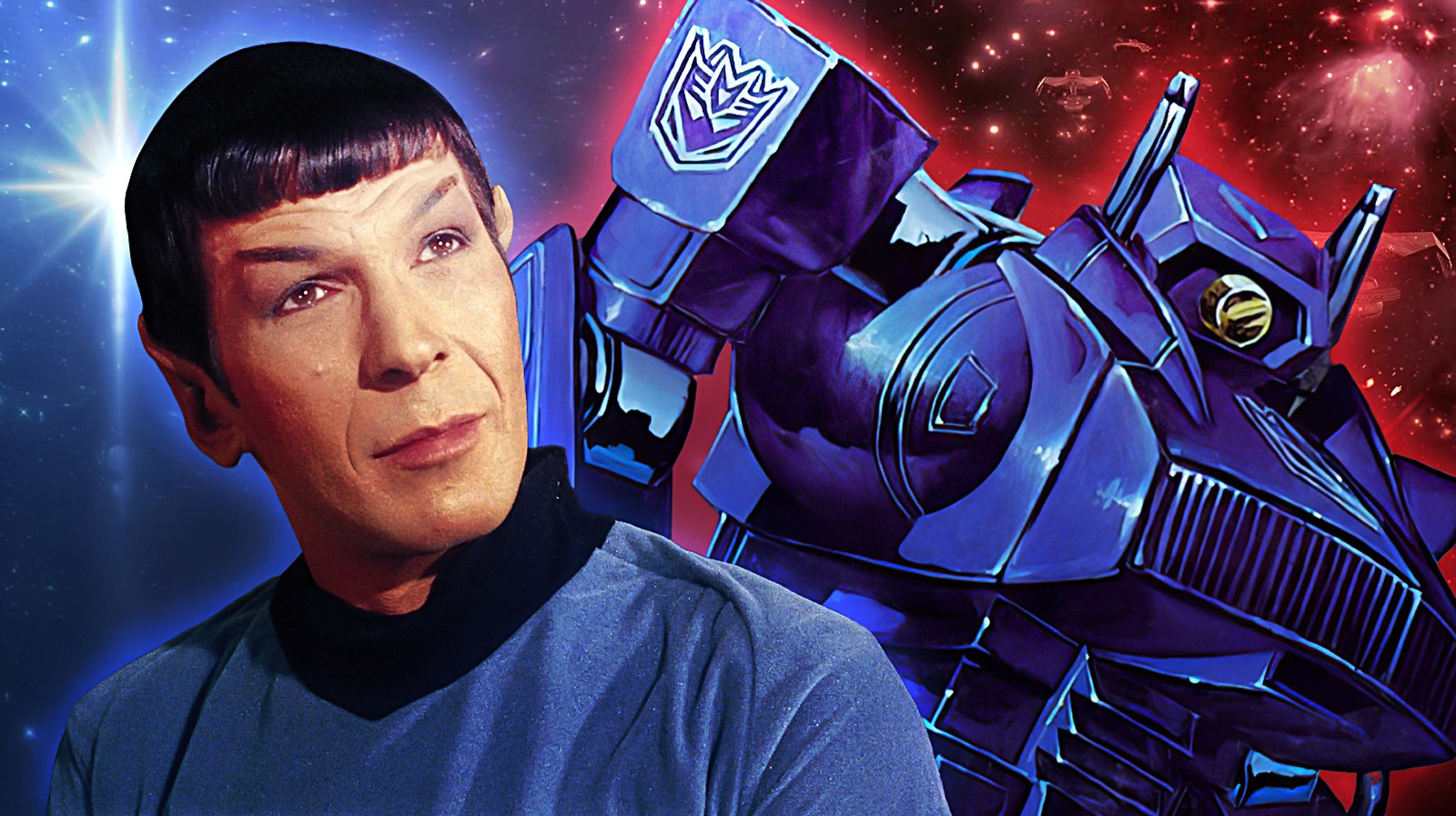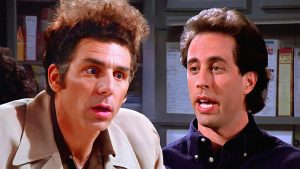
One Significant Transformers Antagonist Takes Inspiration from Star Trek’s Spock
Spock from Star Trek stands out as one of the most impactful characters in the realm of science fiction. The late Leonard Nimoy, who portrayed Spock, had a profound association with the character that lingered throughout his career, despite his many successes beyond that iconic role. Before his passing in 2015, Nimoy lent his voice to villains in two notable Transformers films. In the animated 1986 movie, he voiced Galvatron, the resurrected form of the Decepticon leader Megatron, empowered by the sinister Unicron. Subsequently, in Michael Bay’s 2011 film Transformers: Dark of the Moon, Nimoy voiced Sentinel Prime, the mentor to the Autobot leader Optimus Prime. Introducing a recurring theme in the Transformers universe, Sentinel Prime turned out to be a traitor, teaming up with the Decepticons to seize control of Earth and revive the war-torn world of Cybertron.
Beyond his voice work, Nimoy’s influence on the Transformers mythology extends through the characterization of Spock. Bob Budiansky, the writer for Marvel Comics who created the original character profiles for Transformers, drew inspiration from Spock to craft the character of Shockwave. While Spock is celebrated for his logical mindset and emotional restraint, Shockwave embodies a darker interpretation of those traits: cold, ruthlessly efficient, and prepared to challenge Megatron’s leadership if he deemed it insufficient.
Similar to Megatron, Shockwave transforms into a gun; however, his alternate mode is a futuristic laser pistol rather than the realistic Walter P-38 that symbolizes Megatron. Both characters were toys imported from Japan, with Megatron originating as Takara’s “Gun Robo” and Shockwave debuting as Toyco’s “4 Changeable Astro Magnum.” Shockwave was introduced to the American market in 1985, shortly after the debut of Transformers, yet he remains a prominent figure due to his early presence in the animated series.
In the original cartoon, Shockwave, voiced by Corey Burton, is depicted as a loyal guardian of Cybertron under Megatron’s command, lacking the comic’s more compelling and complex portrayal. While Shockwave fell into obscurity after the second season, he remains a consistent presence in the franchise and is often regarded as one of the four principal Decepticons alongside Megatron, Starscream, and Soundwave.
The Marvel Comics version of Shockwave, as envisioned by Budiansky and later Simon Furman, presents him as a central figure of power, even rivaling Megatron in villainy. Upon the Decepticons’ defeat in issue #4, Shockwave reemerges, dispatching Autobots and seizing leadership from Megatron.
In contrast, the animated series portrays Shockwave as a more forgettable follower, whose character lacks the intelligence and logical depth of his comic counterpart. Later iterations of Shockwave have blended aspects from both versions, showcasing him as a shapeshifter in Transformers: Animated. This iteration presents him as an Autobot security chief named Longarm, adding clever twists to his characterization while removing the cold logic associated with his original portrayal.
In Transformers: Prime, Shockwave, voiced by David Sobolov, strikes a balance between the animated and comic portrayals, aligning himself with Megatron but exhibiting a distorted brand of logic, often resorting to catchphrases about logic while acting erratically. Conversely, the Shockwave from IDW Publishing’s comics remains closely aligned with the original Marvel characterization, depicted as a calculating mastermind without genuine loyalty to Megatron, driven by a vision of Cybertronian supremacy.
Shockwave’s long-term foresight sets him apart, as he enacts a plan dubbed “Regenesis,” aimed at seeding other worlds with Energon to ensure sustainable resources for the future. His persistence and ability to navigate complex schemes reveal a character reminiscent of the infamous “Mirror Spock” from the Star Trek episode “Mirror, Mirror,” showcasing what an unscrupulous yet brilliant version of Spock might resemble—a cunning, intelligent adversary who always prioritizes the advantages of logic above all else.





